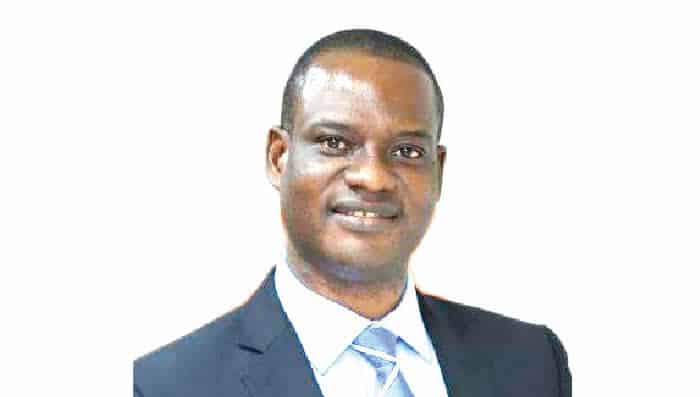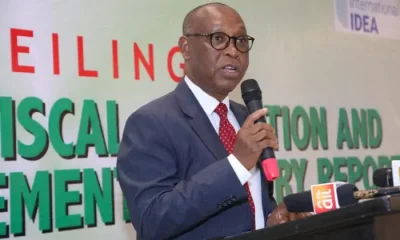Nigeria News
Nigerians Will Regret If Refineries Start Working – Tax Reforms Boss, Taiwo Oyedele

The Chairman of the Presidential Fiscal Policy and Tax Reforms Committee, Taiwo Oyedele, has said Nigerians might regret if the nation’s refineries begin to work.
Oyedele submitted on Monday that it would be better for Nigerians to pray for the country’s refineries not to work because it will surge prices of petrol.
While speaking at the Platform’s Independence Anniversary event, held in Lagos on Monday, Oyedele pointed out that should Nigerian refineries produce petroleum, inefficiencies in the management might make a liter of petrol the most expensive in the world.
Naija News reports that Oyedele’s submission comes when marketers are clamouring for functional refineries in the country.
However, he said, “Nigerians would say if only our refineries were working, then we’ll be fine. Nothing can be farther from the truth than that. In fact, Nigerians should come together and say, please make sure that our refineries don’t work. We should sell them.
“The National Assembly said we have spent over N10 trillion maintaining our refineries even when they have not produced anything.”
Speaking further about economic reform policies that can help Nigeria at this critical time, Oyedele listed industrial policy, environmental, and energy policies, among eight others, as policies that could help reform the economy.
He explained that the naira redesign policy of the President Muhammadu Buhari-led Federal Government went wrong.
“I know most people remember monetary policies, and if not for anything, the recent naira redesign reminded all of us how bad things can get when you get just one policy wrong
“Sometimes it’s not just about the economy, activities, values, and financial losses but about lives which are irreplaceable.
“When the fuel subsidy was removed, the pump price of PMS went up by 200 per cent. Do you know what happened? Traffic in Lagos disappeared. One of the reasons it disappeared was because a lot of people could no longer maintain buying fuel to be on the road, and they parked their cars.
“Do you think those are the upper-class people? No. The upper-class people will just complain briefly, and they’ll pay and still move on. They drove exactly as they drove before and after the removal. The lower and middle-class people who had Tokunbo (imported) used cars – those cars break down regularly, and they visit the vulcanisers regularly and the mechanic.
“Since those people are parking their vehicles at home, the vulcaniser is not finding jobs to do; so is the mechanic. It’s not just the vulcaniser, the apprentices, and the family they support – life has become impossible, but we all agree it’s a necessary policy. But we need to react and respond in a way that is robust enough so we can take some of those pains off our people,” he added.






